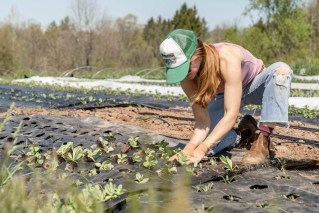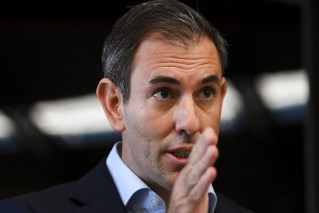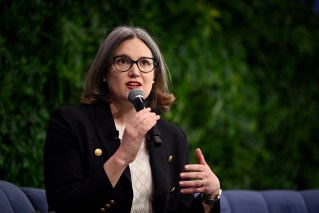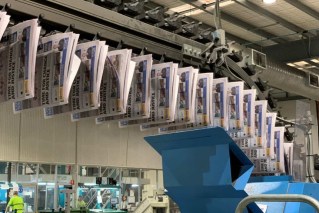Australia is good at ideas but not at making money from them, says CSIRO
Australia needed to make significant changes if it wanted to keep creating major success like the technology which became Google Maps and Cochlear implants, the CSIRO said in a new report.


Australian politicians admit that many of them lack the knowledge required to do their job.
It said Australian business investment in innovation had plunged 30 per cent in a decade and the nation had poor research commercialisation, was resistant to overseas ideas and was wary of new technologies.
The Value of Science and Technology report cited Australia’s work on x-ray technology, solar cells, the Cochlear implant, Where2 Technologies (now Google Maps) as examples of successes.
But it said declining overall investment and demand for innovation indicated there was a degree of cultural risk-aversion, an under-confidence in innovating potential, and a sense of complacency that limited bold investments.
“Industry Innovation and Science Australia also highlights a national tendency toward short-termism at the expense of progress towards a more innovative and dynamic future,” the report said.
“While Australia is strong in research, it has not been as successful in shifting technologies from the research lab to industrial scale-up.”
“Australian education is high quality by international standards, but we don’t have a culture of ongoing training for employees outside of formal education.
“Investing in innovation can be seen as the road to automating jobs, widening the gap between the most profitable and least profitable businesses, and resulting in big royalties for a few but bigger losses for others.”
CSIRO Futures lead economist Dr Katherine Wynn said while there are barriers to innovation, they can and need to be overcome if Australia is going to emerge stronger from the COVID-19 pandemic.
“Science and technology have always played a key role in supporting Australia’s growth and productivity, with examples in this report like Cochlear hearing implants, Google Maps, canola for biofuel, PERC solar cells, and x-ray crystallography,” Wynn said.
“But as investment in innovation has dropped in recent years, we’ve seen our economy start to slow and weaken, and now we’ve been hit with COVID-19, so science and technology are more critical than ever.
“If businesses act now, there are plenty of opportunities to enhance how they navigate the innovation cycle and realise greater value from their investments, including improved productivity, protection from market shocks, stronger international competitiveness, and social and environmental benefits.”
The report said business needed to form “collaborative coalitions” with research and government partners around common challenges, which would allow for investment to be shared, aligned, and for the long term.












